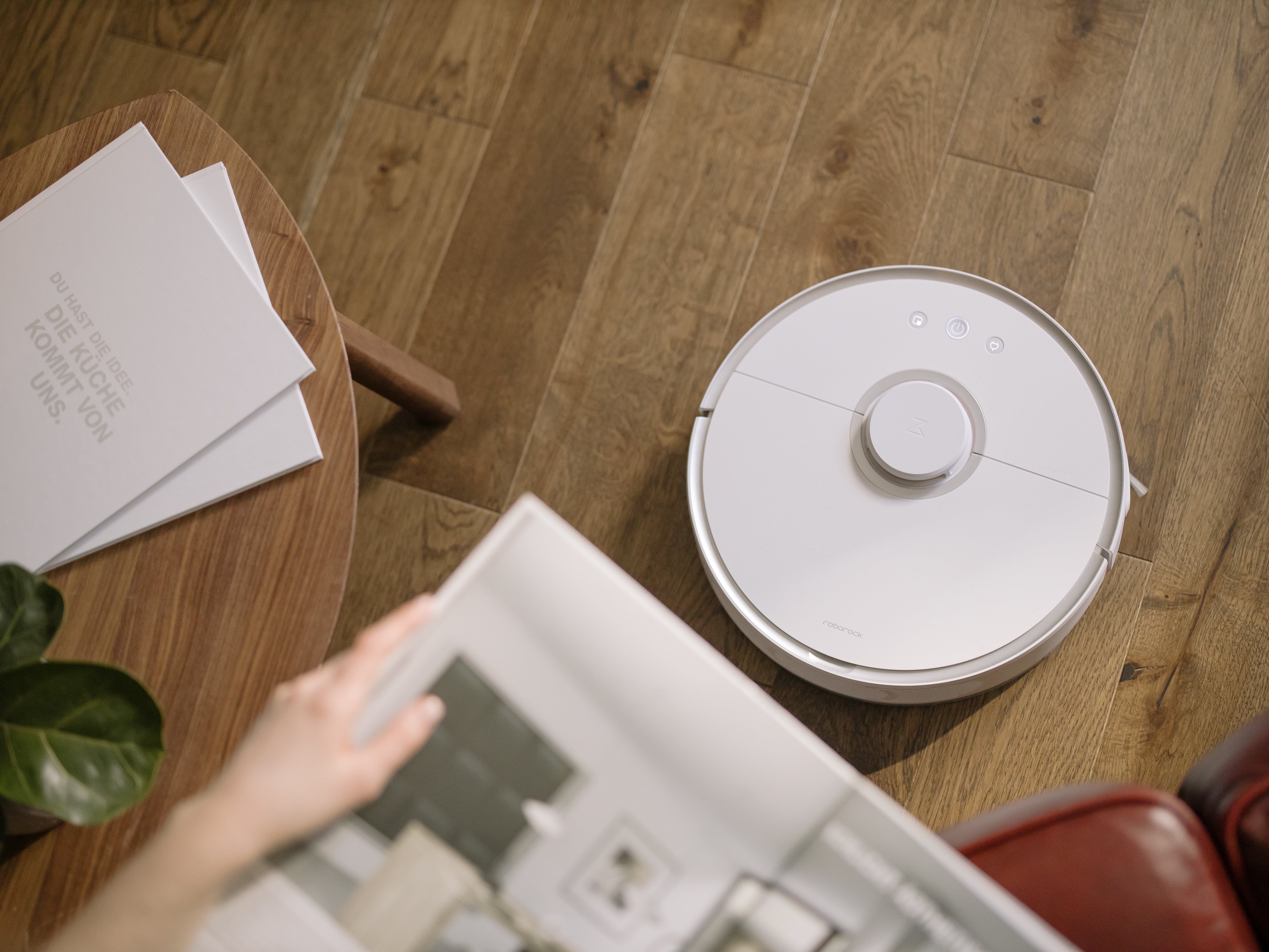Have you ever found yourself questioning the true worth of the time you spend on household chores? In this comprehensive exploration, we’ll delve into the concept of return on investment (ROI) on your household tasks. We will focus on crucial factors such as time expenditure, personal satisfaction, and the potential advantages of ‘outsourcing’ those tasks.
Understanding ROI in Household Tasks:
At its core, ROI is the return you gain for your investment in a particular activity. In the household context, time is a significant investment, and modern innovations like vacuum cleaners and dishwashers aim to yield returns in the form of time saved for more meaningful pursuits.
Calculating Your Hourly Rate:
To determine the value of various tasks in relation to your personal circumstances, a practical method involves assessing your hourly rate based on your job compensation. By examining your pay slip or calculating your net income divided by hours worked, excluding unpaid breaks, you arrive at your per-hour rate. Armed with this figure, you can evaluate the worthiness of investing time in household chores like cleaning or gardening. This approach helps you decide whether spending time on such tasks is worthwhile or if hiring help makes more sense. For example, dedicating time to family instead of cleaning is more valuable, making the trade-off of hiring a cleaner a reasonable choice to prioritise quality moments with loved ones.
Example: The Dish Dilemma:
Consider dishwashing as a prime example. If handwashing dishes takes an hour, is the resulting outcome worth that investment of your time? Alternatively, using a dishwasher can significantly reduce the time spent, freeing you up for more meaningful activities with family and friends.
Strategic Choices for Outsourcing:
Optimising your household tasks involves strategic prioritisation based on time spent and personal preference. Identify tasks you dislike and spend the most time on, then contemplate outsourcing them through hiring help or investing in time-saving technologies.
Case Study: Robot Vacuum Cleaner:
A personal experience shared in this blog involves investing in a robot vacuum cleaner. By evaluating the time spent on vacuuming, the family justified the upfront cost of the robot vacuum. Beyond a cleaner home, unexpected benefits emerged, such as involving the kids in the cleaning process.
Strategic Decision-Making:
In making informed choices, calculate the cost of outsourcing tasks versus handling them yourself. Consider the impact on your mental and emotional well-being and determine whether the potential returns justify the associated expenses.
Personal Example: Car Cleaning:
The blog explores a shift in the family’s approach to car cleaning, driven by changing circumstances. Initially, outsourcing the task to a shopping centre proved valuable, but a move prompted a reevaluation of the ROI. In this case, increased costs made the task less urgent, leading to a shift in priority.
In the pursuit of optimising your time and satisfaction with household tasks, a deep understanding of ROI is crucial. By assessing the value of your time, strategically prioritising tasks, and making informed decisions about outsourcing, you can strike a balance aligned with your priorities. Remember, the key lies in continuous evaluation and adjustment based on evolving circumstances and priorities. As you embark on this journey, may your household chores become not just tasks but strategic investments in a more fulfilling life.



